
Nehmen Sie an einer Reihe von Online-Vorträgen in englischer Sprache teil, die Ihnen aufzeigen, wie die Prinzipien, Methoden und Werkzeuge von Open Science in die Hochschulbildung integriert werden können. Unsere Coffee Lectures sind auf die Volks- und Betriebswirtschaftslehre ausgerichtet, doch auch Beiträge aus verwandten Disziplinen sind willkommen.
Open Science kennenlernen | Dauer & Format
Jede Sitzung besteht aus einer pointierten 40-minütigen Präsentation, die die Integration von Open Science in akademische Curricula auf allen Ebenen beleuchtet. Im Anschluss daran findet eine 20-minütige Diskussion statt, die allen Teilnehmenden die Möglichkeit bietet, die vorgestellten Themen zu vertiefen, Fragen zu stellen und Ideen auszutauschen.
Wer sollte teilnehmen? | Eine lebendige Community
Egal, ob Sie Hochschullehrer:in auf der Suche nach innovativen Lehrmethoden sind, Sie im Studium Ihren akademischen Horizont erweitern wollen oder einfach nur Open-Science-Enthusiast sind: Unsere Vorträge bieten wertvolle Einblicke und fördern eine kollaborative Lernumgebung.
Diskusionsteilnahme | Gelegenheit zum Engagement
Die Diskussion im Anschluss an die Vorträge ist ein wesentlicher Bestandteil unserer Coffee Lectures und bietet ein Forum für einen lebhaften Dialog und Gedankenaustausch über die praktischen Aspekte und Auswirkungen von Open Science in der Hochschulbildung.
Zugänglich für alle | Aufzeichnung der Präsentationen
Da wir die vollen Terminkalender der Teilnehmenden kennen, zeichnen wir den Präsentationsteil jeder Vorlesung auf. So können auch diejenigen, die nicht live dabei sein können, von dem vermittelten Wissens profitieren.
Künftige Termine
Nachstehend finden Sie eine Liste der nächsten Coffee Lectures zum Thema Open-Science-Ausbildung, die durchgehend in englischer Sprache stattfinden. Merken Sie sich jetzt Ihre Termine vor und nehmen Sie an den aufschlussreichen Diskussionen teil:
Keine Veranstaltungen gefunden.
Vergangene Termine
Building the Future of Open Inclusive, Rigorous, and Open Research with FORRT
This event is part of the Coffee Lectures on Open Science Education.
Abstract: The Framework for Open and Reproducible Research Training (FORRT; https://forrt.org) is a global grassroots initiative fostering inclusive, ethical, and rigorous research education. With over 50 active projects and 1500+ contributors from 50+ countries, FORRT bridges metascience, pedagogy, and policy reform to democratize access to high-quality open science training and infrastructures.
Our talk will showcase FORRT’s diverse initiatives, including:
- The FORRT Curriculum: A centralized platform featuring lesson plans, slides, games, and syllabi—all open access and designed to support incremental adoption of open and reproducible practices in education.
- The Replication Hub: Home to the FReD database, the world’s largest curated replication archive, including tools like the FReD Annotator and Robustness Lighthouse to support researchers and educators.
- The Open Science Games Portal: A growing repository of pedagogically grounded games and playful activities designed to make learning open science principles engaging, interactive, and accessible. The games promote experiential learning and are ideal for workshops, classrooms, or public engagement events—lowering barriers to entry and supporting active, inclusive pedagogy.
- Equity and Inclusion Projects: Including our Neurodiversity resources, citational justice toolkit, and Mapping Open Science Organizations initiative—projects that underscore FORRT’s commitment to inclusive, justice-oriented research systems.
- Technological Innovations: Like JUST-OS, an AI-based open science assistant designed to help researchers navigate the complex open science landscape, and our modular Open Science Slides for educators.
- RESOLVE: A multi-work package initiative to map global epistemic inequities, support scholars in the Global South, and provide infrastructures such as the Missing Majority Dashboard and Open Science Participant Demographics tools.
Whether you're an educator, policymaker, student, or researcher, FORRT provides resources and collaboration opportunities to help you integrate open science into teaching, research, and governance. The talk will explore how you can get involved and help shape the future of ethical and reproducible science.
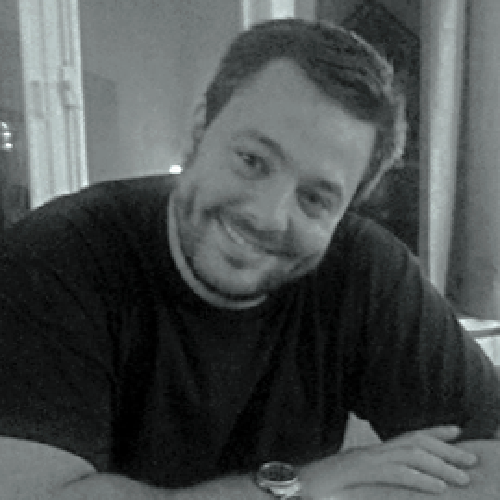
Speaker: Flavio Azevedo, Utrecht University / FORRT
Flavio Azevedo is a Brazilian assistant professor of Interdisciplinary Social Sciences at Utrecht University. His research primarily focuses on (1) the political psychology of ideological attitudes and their psychological underpinnings; and (2) integrating open science into higher education. He co-founded and direct FORRT —A Framework for Open and Reproducible Research Training.
Open Source Software and Open Science: A productive pair
This event is part of the Coffee Lectures on Open Science Education.
Abstract: Open Source Software (OSS) and Open Science are built on the same ideas and borrow heavily from the same philosophical and practical traditions. In practice, I would go as far as arguing that open science involving computations requires an open software stack. However, while OSS has become the backbone of much of the world's scientific and web infrastructure, adoption in economics has been fairly slow. This is especially true when compared to some fields that have seen rapid progress in recent years, such as machine learning. I will discuss some reasons for this, and how we may be able to accelerate the trend. The lecture will include many practical examples, which draw on own research, on the course materials of Effective Programming Practices for Economists, and on the OSS projects pylcm and GETTSIM.
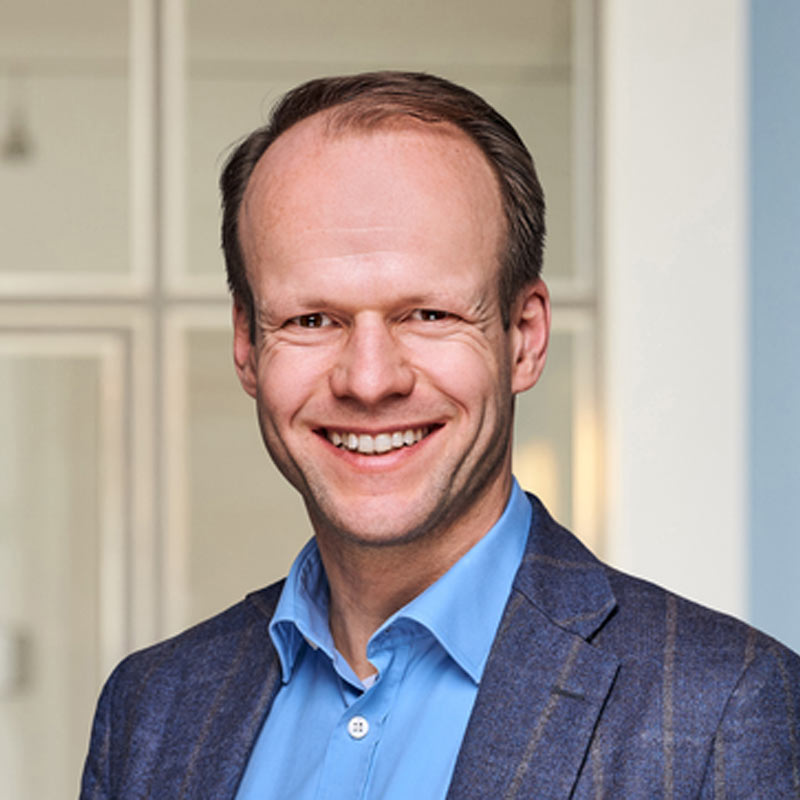
Speaker: Hans-Martin von Gaudecker, University Bonn
Hans-Martin von Gaudecker is a Professor of Applied Microeconomics in the Department of Economics of the University of Bonn.
Teaching what we Practice – Open Science in Higher Education
This event is part of the Coffee Lectures on Open Science Education.
Abstract: Teaching what we practice means emphasizing the importance of integrating Open Science principles into academic teaching. The relevance of these practices lies in fostering a learning environment that mirrors the evolving landscape of scientific research. By embracing Open Science in higher education, instructors can teach students not only theoretical knowledge but also practical skills in transparent, accessible, and reproducible research. This approach includes employing open science practices such as filling out a pre-registration form, making students aware that sharing materials and data is helpful, and highlighting the importance of replications. As higher education institutions increasingly adopt these practices, they prepare students for a future where open and collaborative research is the norm, bridging the gap between academic training and real-world scientific practices. Lastly, current students seem to be open to open science practices anyways - creating a winning setting.
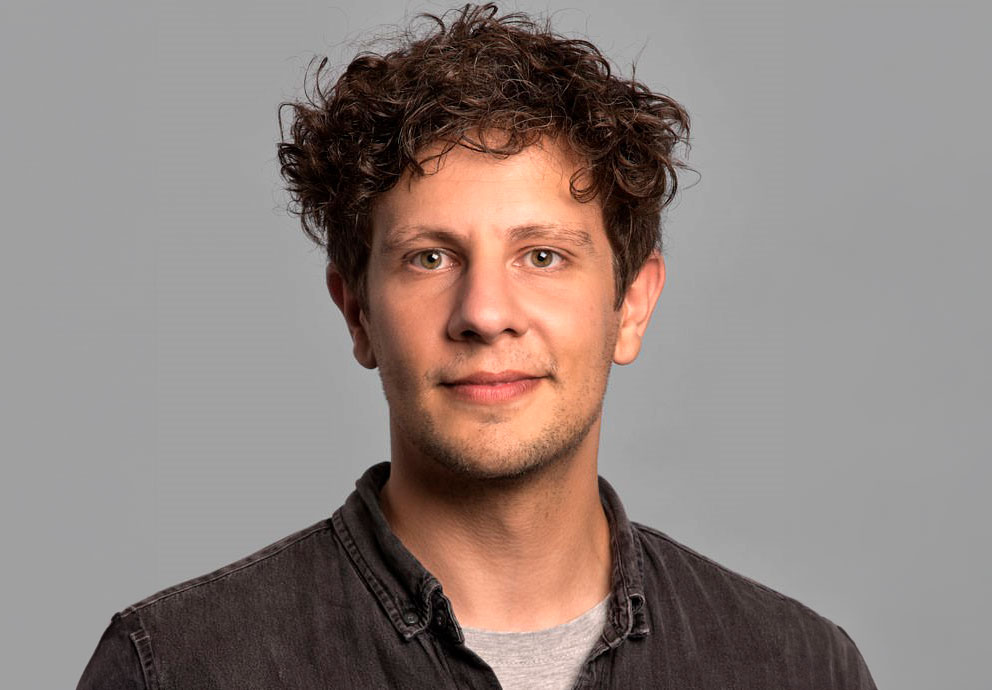
Speaker: Meikel Soliman, Leuphana University Lüneburg
Meikel Soliman is a Postdoctoral Researcher and Lab Manager of the “Leuphana Laboratories” at the Faculty of Management & Technology at Leuphana University. His research focuses on consumer behaviour, the emotion of embarrassment and consumer ethics. He also explores the question of what people associate with the term happiness and what behaviour really makes people happy (vs. what people think makes them happy).
BERD Academy: Open Education for Research with (unstructured) Business, Economics and Related Data
This event is part of the Coffee Lectures on Open Science Education.
Abstract: Big Data took the world by storm, Artificial Intelligence has become a hot topic across research disciplines. Working with these data can be a challenge. Especially for researchers in Business, Economics and Social Sciences, who graduated just a few years ago when most study programs covered mainly or exclusively ‘traditional’ data collection methods such as surveys with structured, tabular data. To unlock the research potential of new data sources by applying fitting methods, education is needed. The BERD Academy is the training outlet of the consortium for Business, Economics, and Related Data in the National Research Data Infrastructure (BERD@NFDI). In this talk, we will present how a wide range of offers in flexible formats fulfills the needs of researchers and research data providers. We want to discuss, how educational content can unlock research potential and how open education can foster open science.
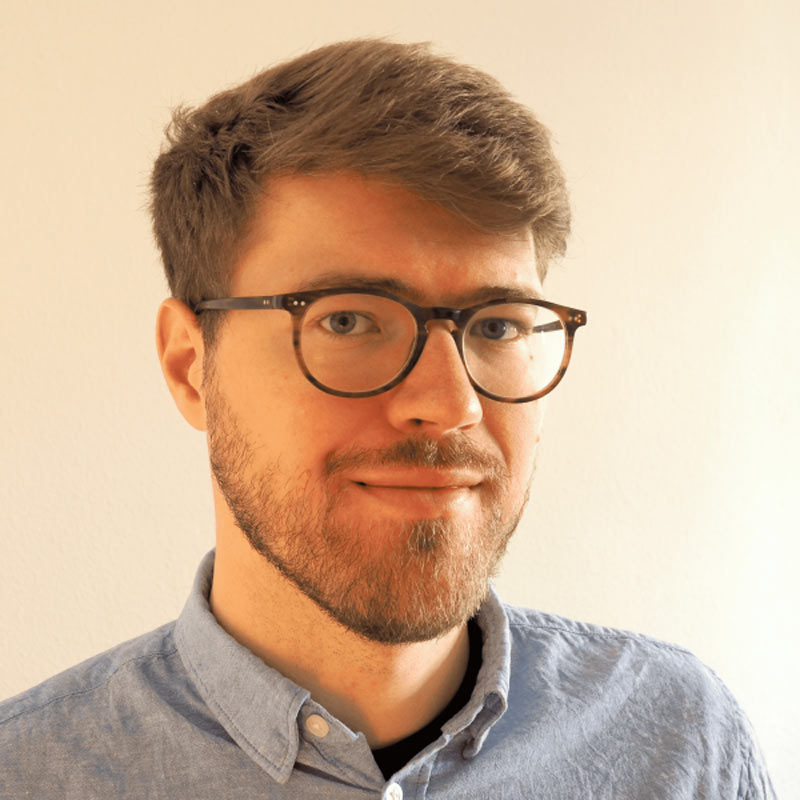
Speaker: Markus Herklotz, LMU Munich
Markus Herklotz is working for the project BERD as part of the National Research Data Infrastructure (NFDI), where he designs training programs and educational resources for researchers working with unstructured Business, Economics, and Related Data.
A reproducibility internship?
Abstract: The LDI Replication Lab verifies computational reproducibility of papers appearing in AEA journals with undergraduate students, who experience hands-on engagement with data and code for conditionally accepted manuscripts. We believe that exposure to and training in well-structured programming will benefit students both in academia and the private sector. They become resourceful in debugging (inevitably) imperfect code submitted to the AEA journals, and are taught how to communicate with other people on technical problems, in an objective and constructive manner. Can or should this be expanded?
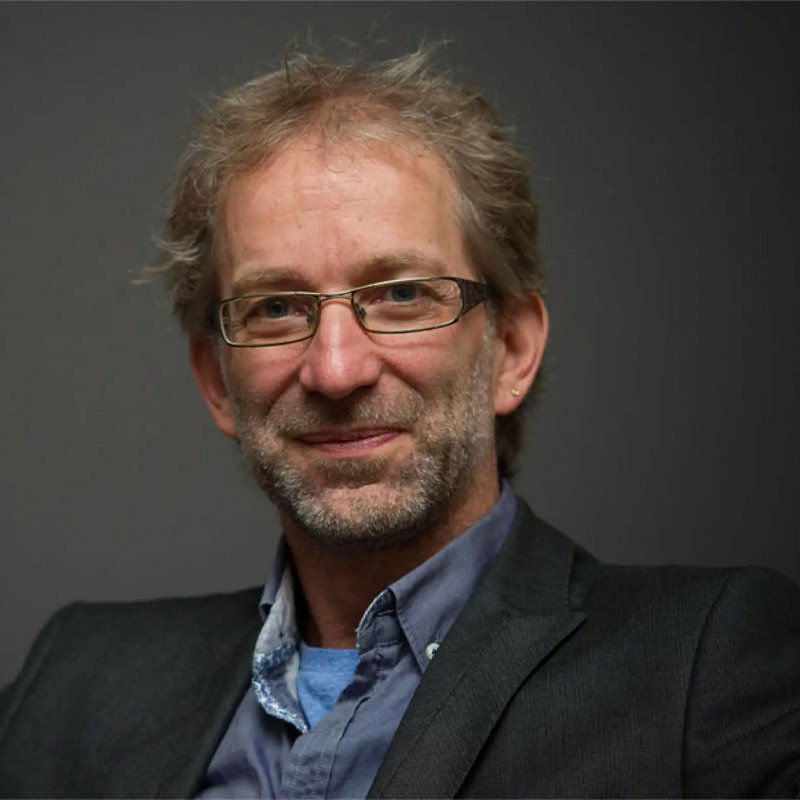
Speaker: Lars Vilhuber
Lars Vilhuber holds a Ph.D. in Economics from Université de Montréal, Canada, and is currently on the faculty of the Cornell University Economics Department.